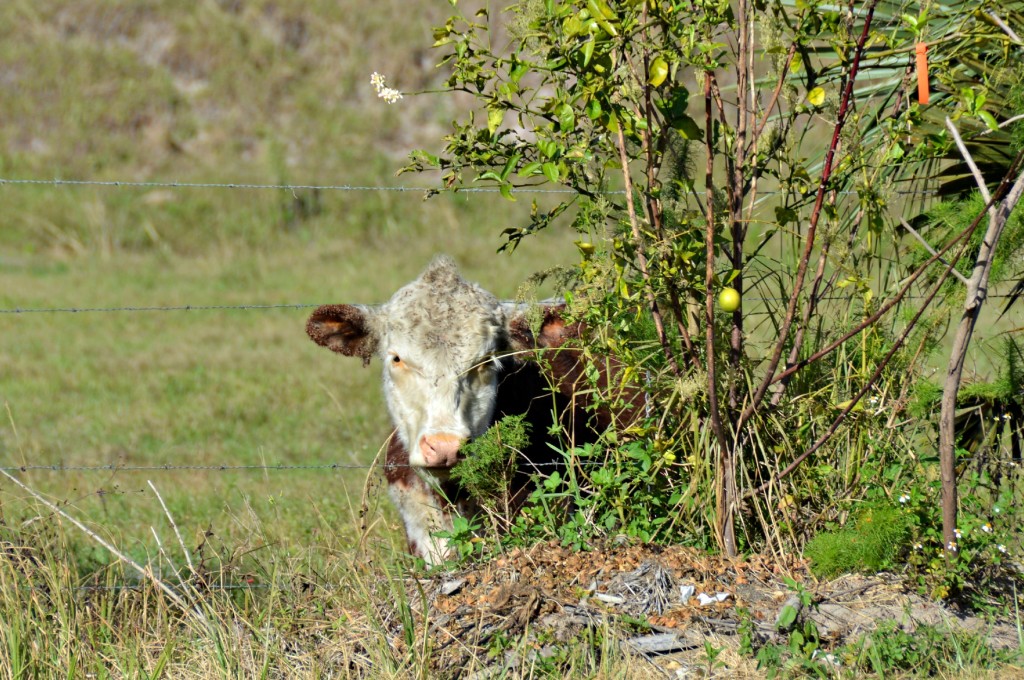Today’s post is sponsored by GMO Answers via MomTrends. As always, all opinions expressed herein are entirely my own.

These days, talking about agriculture can lead to some pretty tense conversations. There are many heated issues around food production including organic versus conventional farming, how antibiotics should be used, and environmental sustainability.
One topic that is especially controversial these days is GMOs or genetically modified organisms. While humans have cross-bred plants to select for the most desirable traits since the advent of agriculture, today, scientists speed up that process by inserting new genes directly into plants’ DNA, in some cases genes from totally different species. There are currently nine GMO crops commercially available in the U.S. today: corn (field and sweet), soybeans, cotton, canola, alfalfa, sugar beets, papaya, summer squash and potatoes. Genetically modified apples that resist browning have been approved and coming to market soon.
Some people have concerns that genetically modified crops are potentially dangerous to humans or to the environment. Many organizations, including the World Health Organization and the National Academy of Sciences, have analyzed the scientific literature and concluded that GMOs on the market today are no riskier for your health than their non-GMO equivalents. Yet, fears persist that GMOs cause cancer and other illnesses or have contributed to the decline of non-harmful insects such as bees and butterflies.
I think it is reasonable for consumers to have questions about genetically modified crops – I certainly have some questions myself. And I believe that we as a society need to have a healthy and well-informed debate on important topics such as food safety and environmental sustainability.
That’s why I was pleased to learn about GMO Answers, an online resource that exists to answer consumers’ questions about GMOs, such as how and why they’re made, how they are used in practice and what their impact has been around the globe. GMO Answers matches the questions that consumers pose with an expert best suited to answer that specific question, including farmers, academics and biotechnology scientists. They answer all the questions that visitors ask, even hostile ones.
The experts who answer questions at GMO Answers believe that genetically modified crops are safe and point to scientific evidence to back up their claims. People who are skeptical of GMOs might be dismissive of their answers therefore as biased. Personally I find it helpful to know where the experts at GMO Answers are coming from because it allows me to evaluate their claims. And I appreciate that GMO Answers is trying to contribute to the debate on GMOs by opening up a dialogue between consumers and farmers and scientists.
So, if you have questions about GMOs, such as how they are made and why they’re used, review the information at GMOAnswers.com. You may be surprised by what you learn.
Full disclosure time: Compensation was provided to me by GMO Answers via MomTrends. The opinions expressed herein are those of the author and are not indicative of the opinions of GMO Answers or Momtrends.






